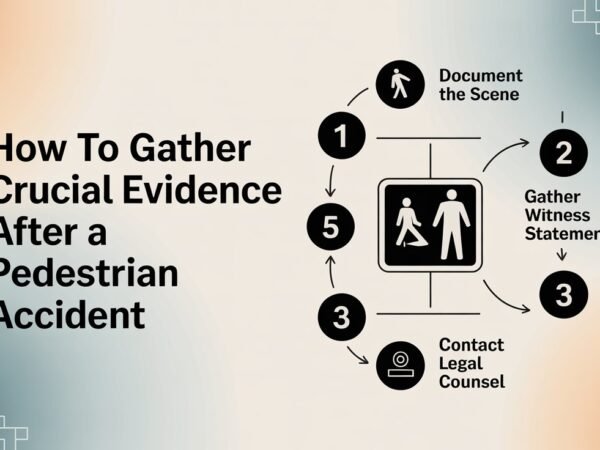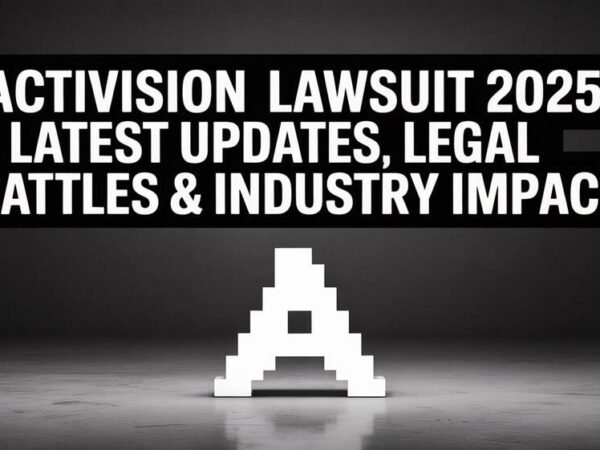Introduction
The RealPage lawsuit has captured national attention, signaling what may become a landmark case in regulating algorithmic technologies within the housing market. A powerful accusation lies at the heart of the case: RealPage, a Texas-based property management software company, enabled a rent price-fixing conspiracy through its algorithmic pricing platform. The United States Department of Justice (DOJ) and several state attorneys general have taken legal action, claiming the company’s practices suppressed competition and drove up rental prices across the country. As this case unfolds, it has the potential to redefine how rent is priced in the digital age, raising critical questions about technology, ethics, and affordability.
What Is RealPage and How Does It Work?
RealPage is a prominent software provider offering a range of property management tools, including tenant screening, leasing, accounting, and, most controversially, revenue management through algorithmic pricing. Its rent-setting tool, YieldStar (later rebranded as AI Revenue Management), has been widely adopted by large property management firms and institutional landlords. The software uses real-time market data and analytics to recommend optimized rental rates. RealPage claims this helps landlords maximize revenue. However, critics argue that it creates a “collusive hub” by allowing competing landlords to use the same data set and strategy, thus eliminating actual market competition.
The platform allows landlords to avoid undercutting each other by following algorithm-driven pricing that prioritizes profitability over affordability. RealPage’s widespread influence and technological sophistication have made it dominant in rental pricing, particularly in high-density urban markets. This has fueled concerns that technology designed to optimize rent may instead inflate it beyond fair market value.
Timeline of the RealPage Lawsuit
The scrutiny of RealPage’s practices began building momentum in late 2023 when investigative reports from ProPublica and other news outlets exposed rising rent patterns in cities where RealPage’s software was heavily used. By August 2024, the DOJ launched a formal investigation, which soon expanded into a multi-state antitrust lawsuit.
In January 2025, the case escalated significantly as six of the nation’s largest landlords were added as co-defendants. These companies, operating tens of thousands of apartment units, were accused of tacitly using RealPage software to coordinate rental pricing. Throughout early 2025, states such as New Jersey, Arizona, and Washington joined the lawsuit, citing violations of their respective consumer protection laws. The timeline continues to evolve, with hearings, depositions, and additional complaints expected throughout the year.
The Core Allegations Against RealPage
At the core of the lawsuit are allegations that RealPage orchestrated rent collusion. The DOJ asserts that RealPage facilitated an environment where competing landlords could share sensitive data and adopt uniform pricing strategies. This alleged practice violates antitrust laws that prohibit collusion and price-fixing among competitors.
Using RealPage’s algorithm, landlords could align their rent-setting strategies without direct communication, effectively creating a form of algorithmic collusion. The complaint highlights that landlords were encouraged to accept RealPage’s pricing recommendations nearly 90% of the time rather than using local competition to determine prices. According to the lawsuit, this suppressed competition and systematically increased tenant rents across multiple markets.
Key Defendants and Industry Involvement
Among the key defendants are some of the most prominent players in the U.S. rental market, including Greystar Real Estate Partners, Lincoln Property Company, and Camden Property Trust. Together, these firms manage hundreds of thousands of rental units nationwide. They are accused of using RealPage software to set prices and share proprietary leasing information that would otherwise be closely guarded.
The industry-wide adoption of RealPage’s pricing software means that many renters are impacted, even if unaware. The DOJ argues that RealPage’s technology became an industry standard, with many firms relying on it instead of engaging in independent market assessments. This reliance, the lawsuit alleges, created a “price-setting cartel” within the housing sector.
State and Local Legal Actions Against RealPage
In addition to the federal lawsuit, several states have launched independent legal actions. Washington State, for instance, filed a lawsuit in late 2024, claiming that RealPage violated the state’s Consumer Protection Act. Arizona and New Jersey quickly followed suit, citing inflated rents, restricted competition, and significant harm to renters.
Local governments have also begun taking action. Cities such as Berkeley, California, have passed ordinances banning algorithmic rent-setting tools, specifically naming RealPage’s software in their legislation. These local measures aim to protect renters from what they see as tech-driven rent manipulation and to restore traditional, competitive pricing practices in the housing market.
RealPage’s Response and Legal Defense
RealPage has denied any wrongdoing and is vigorously defending itself in court. The company argues that its software provides data-driven recommendations that landlords can accept or reject. RealPage claims its tools improve market efficiency, reduce vacancies, and benefit landlords and tenants in the long term.
In response to local ordinances banning its software, RealPage has filed countersuits, notably against the City of Berkeley. The company contends that such bans infringe on free speech and the right to access digital tools that support property management. Its legal team has framed the issue as one of innovation versus regulation, suggesting that overly aggressive legal action could stifle technological progress in the housing sector.
Impact on Renters and the U.S. Housing Market
The implications of the RealPage lawsuit for renters are significant. Many tenant advocacy groups claim algorithmic pricing has directly contributed to rising rent burdens, particularly in high-demand markets. Tenants in buildings managed by firms using RealPage software have reported steep rent hikes, reduced negotiation flexibility, and a lack of transparency about how rent is determined.
The case has also drawn attention to the broader issue of housing affordability in the U.S. Critics argue that the widespread use of rent-optimization algorithms prioritizes profits over people, exacerbating the housing crisis. If the court finds RealPage and its clients guilty of price-fixing, it could lead to tenant refunds, restructuring of rent practices, and new regulations on how technology is used in real estate.
Future of Rent Pricing Algorithms
The outcome of the RealPage lawsuit will likely set a precedent for how technology companies and landlords interact in the real estate sector. If RealPage is found to have facilitated price-fixing, it may prompt federal and state governments to regulate the use of AI and algorithms in housing. Lawmakers could introduce new rules governing data sharing, algorithm transparency, and pricing autonomy.
Some industry players are already distancing themselves from RealPage, exploring alternative tools, or reverting to traditional pricing methods. Meanwhile, developers of similar software platforms are reevaluating their algorithms to avoid future legal scrutiny. The future of rent pricing may depend on balancing technological efficiency and fair market practices that protect consumers.
Conclusion and Expert Takeaways
The RealPage lawsuit represents a crucial test of how antitrust law applies to modern, tech-enabled business models. At its core, the case challenges whether a company can use data and algorithms to influence market behavior without crossing legal boundaries. With multiple states joining the lawsuit and federal regulators doubling down on enforcement, the stakes are high for both RealPage and the broader property tech industry.
Experts warn that if the lawsuit succeeds, it could open the door for more aggressive oversight of AI in other sectors, from healthcare to finance. As courts and regulators grapple with these emerging issues, one thing is clear: the RealPage lawsuit is more than a legal dispute—it’s a pivotal moment in the fight to ensure fairness, transparency, and accountability in the age of algorithms.
Do Read: Lindt Chocolate Lawsuit: Unwrapping the Truth Behind Heavy Metal Claims













